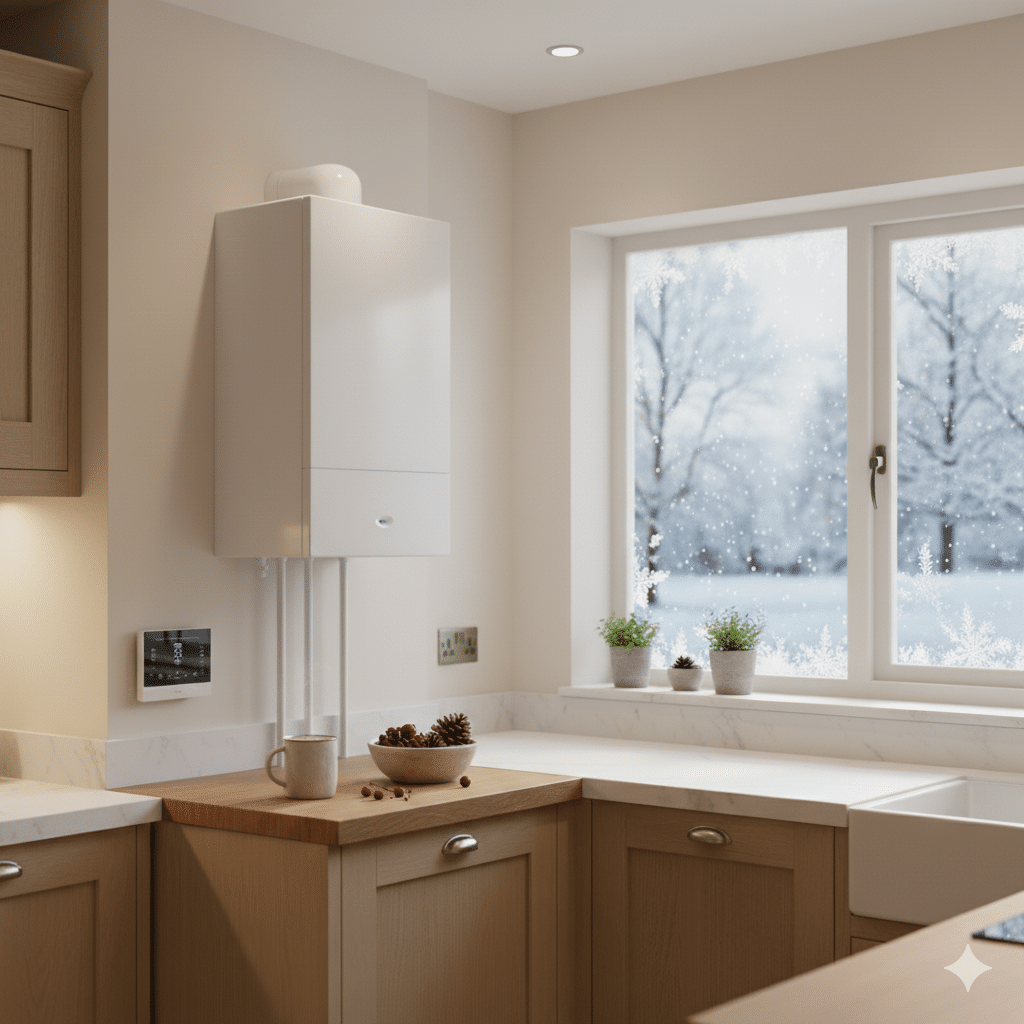Here’s the translation into American English:
—
The upcoming winter of 2025-2026 is shaping up to be a considerable challenge for many households in Spain. Projections from the State Meteorological Agency (AEMET) indicate that a colder-than-usual period will be experienced, particularly in the northern part of the peninsula. This forecast, combined with the elimination of direct subsidies for gas boilers starting in January 2025, has created a sense of urgency among families to update their heating systems, aiming to ensure adequate thermal comfort and avoid excessive energy expenses.
In line with the energy transition promoted by the European Union, economic incentives for gas boilers and other fossil fuels have been removed. Although their use is not prohibited, consumers are being driven to explore more sustainable and efficient alternatives. Within this framework, aerothermal systems or heat pumps are positioned as the future of heating, accounting for nearly 30% of new domestic thermal installations. However, for many households, the most practical and immediate option remains updating to condensing boilers or hybrid systems.
Enrique Calvo, Manager of Más Que Calderas, commented that “the heat pump is the future, but the condensing boiler remains the most practical and least invasive solution for millions of well-insulated homes.” The decision to renovate is no longer driven by economic incentives, but rather by the need for greater efficiency and savings in light of a winter that promises to be particularly harsh.
For those who choose to stick with gas, the latest condensing boilers offer a high level of efficiency and considerable fuel savings compared to older models. Hybrid systems, which integrate a condensing boiler with a heat pump, have emerged as a viable middle-ground option, operating with a significant percentage of renewable energy, and although they may not always qualify for subsidies, their implementation can lead to long-term benefits.
Equipment older than 10 years becomes a concern, as it can lose up to 25% of its efficiency, resulting in high energy consumption. Therefore, it is essential that these outdated systems are replaced to control monthly expenses and be prepared for a prolonged and cold winter.
Despite stable gas prices, thanks to the Regulated Tariff for Gas (TUR), the cost of consumption during the winter continues to be a source of concern. A poorly maintained boiler or inadequate insulation can negate the benefits obtained through competitive rates. For this reason, prudent management and upgrading old equipment are crucial for optimizing expenses.
Experts advise reviewing or replacing boilers that have been in use for over a decade, improving home insulation and windows, as well as implementing connected thermostats for smarter consumption control. Additionally, proper ventilation that does not excessively cool the walls is essential to ensure a comfortable environment.
The winter of 2025-2026 presents a call to action. With colder temperatures on the horizon and the elimination of subsidies for equipment using fossil fuels, modernizing heating systems is no longer just an option but an economic and environmental necessity. Investing in an efficient boiler, a hybrid system, or a heat pump, while improving insulation and implementing smart solutions, can not only reduce energy expenses but also provide optimal comfort and contribute to a more sustainable energy future. To find the most appropriate and competitive options, it is advisable to consult with experts.
Source: MiMub in Spanish
